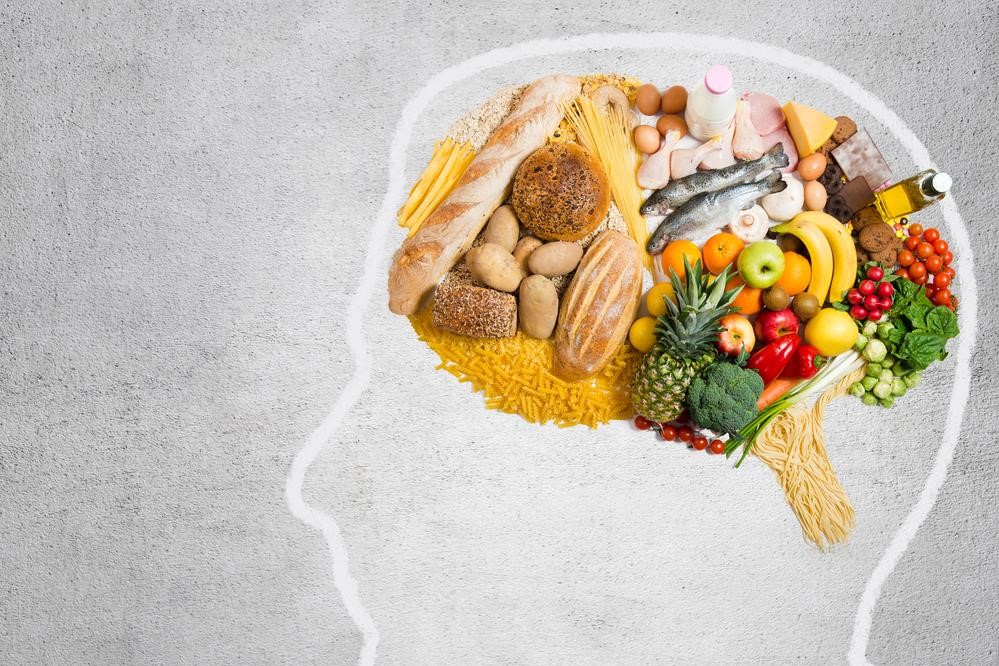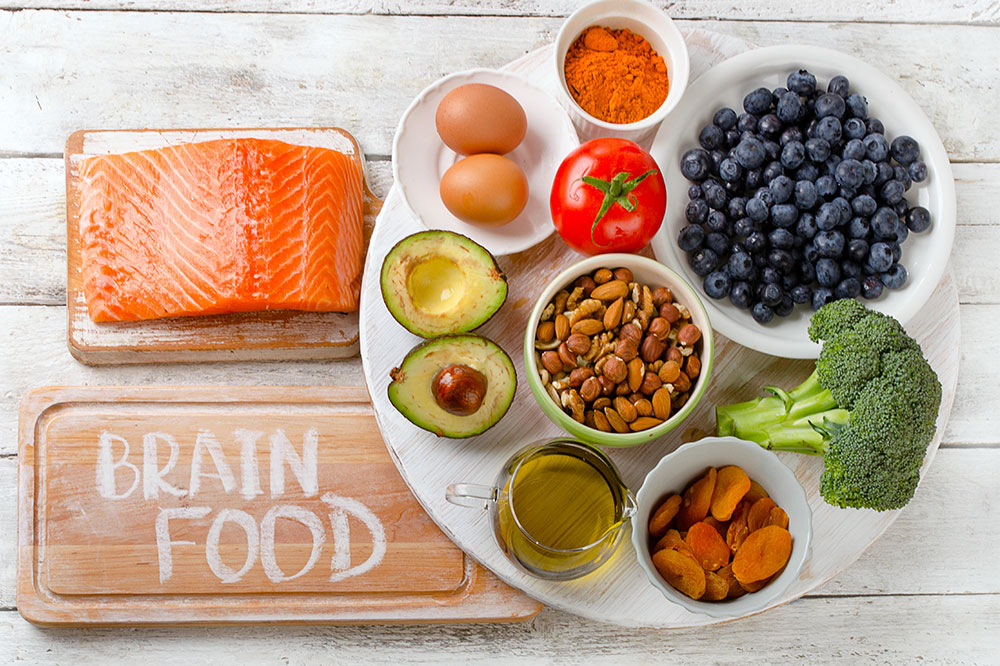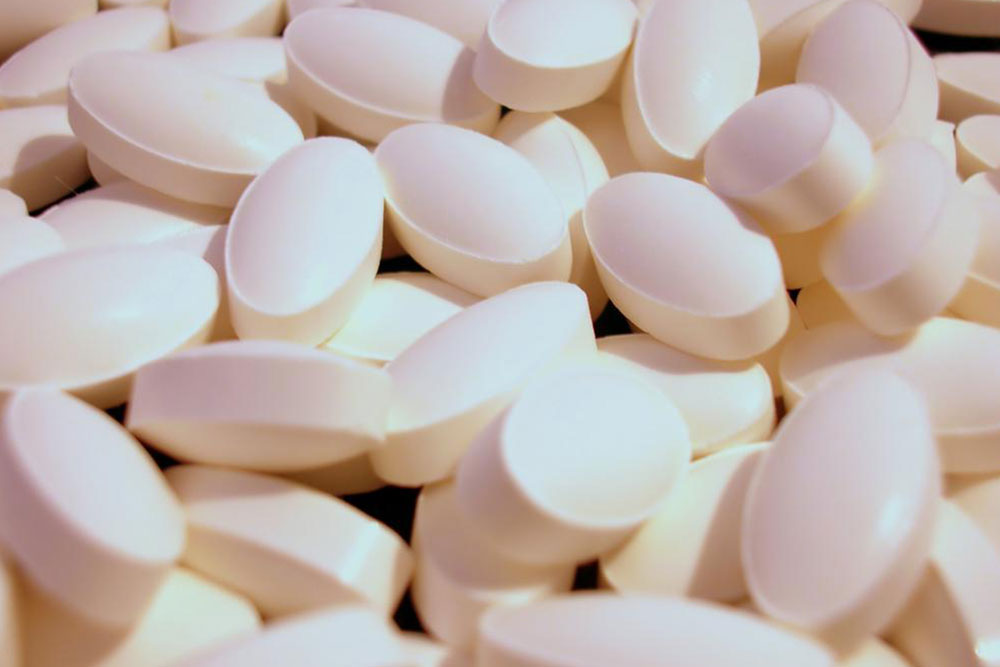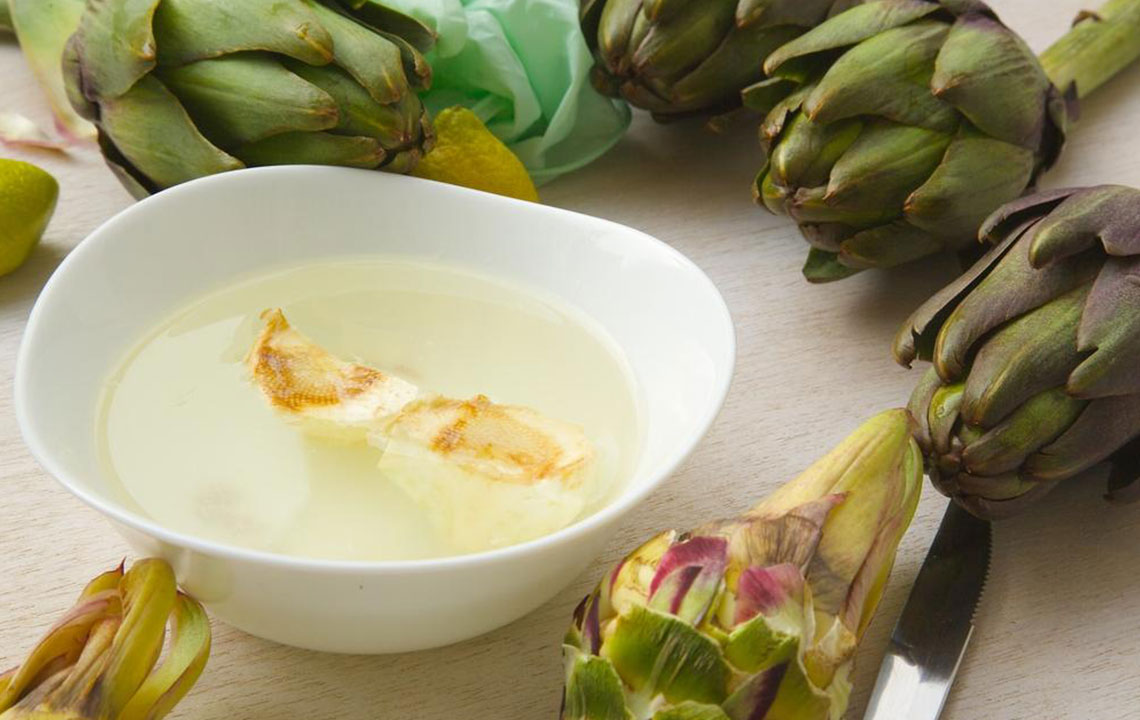Essential Nutrients and Natural Remedies to Boost Brain Power and Memory
Unlock the secrets to enhancing your brain power with key nutrients and natural remedies. This comprehensive guide covers essential vitamins, herbal supplements, lifestyle tips, and dietary strategies to support memory, focus, and overall cognitive health. Discover how omega-3s, B12, E, ginkgo biloba, and ginseng, combined with healthy habits, can help you maintain mental sharpness as you age. Perfect for anyone seeking to boost brain function naturally and effectively through informed choices and lifestyle improvements.
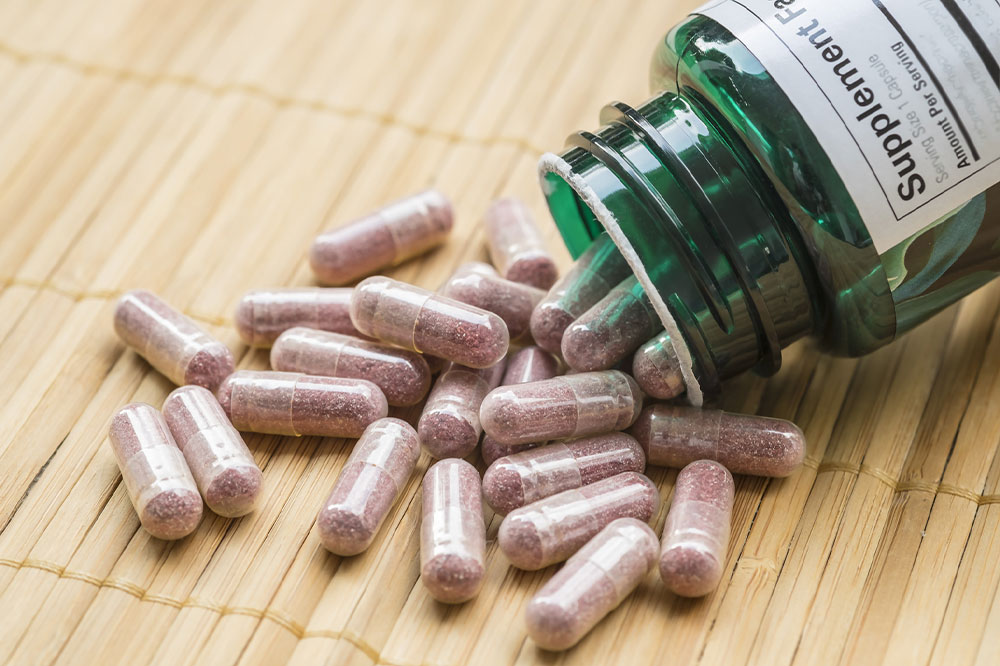
Essential Nutrients and Natural Remedies to Boost Brain Power and Memory
Maintaining cognitive vitality and mental sharpness is a vital goal for many individuals seeking to preserve their independence and quality of life as they age. A combination of a nutritious diet, regular physical activity, and mental engagement forms the foundation for optimal brain health. Among the various strategies, understanding and leveraging key nutrients and herbal remedies can significantly enhance cognitive function and delay age-related decline. In this comprehensive guide, we explore the most effective nutrients, supplements, and lifestyle habits scientifically linked to improved memory, focus, and overall mental acuity.
When it comes to safeguarding brain health, certain nutrients stand out due to their proven role in supporting neural function, reducing inflammation, and promoting neuroplasticity. These include omega-3 fatty acids, vitamins such as B12 and E, and plant-based compounds like ginkgo biloba and ginseng. While ongoing research continues to uncover new insights, adopting a holistic approach that combines diet, lifestyle, and targeted supplementation can yield meaningful benefits.
Vitamin B12: The Brain Essential Adequate levels of vitamin B12 are crucial for neurological health. A deficiency in B12 is associated with cognitive deficits, memory loss, and increased risk of dementia, especially among older adults. Although high-dose B12 supplements have not demonstrated dramatic improvements in cognitive performance for everyone, maintaining sufficient levels through diet or supplementation is vital, particularly for individuals with absorption issues caused by age-related gastric changes, gastrointestinal diseases, or medication use such as Metformin or proton pump inhibitors. Rich natural sources include fatty fish (salmon, mackerel), poultry, eggs, dairy, and fortified plant-based foods like cereals and plant milks for vegans.
Vitamin E: An Antioxidant for Mind and Memory Vitamin E, a potent antioxidant, has shown promise in supporting cognitive function among aging populations. Some studies suggest that higher intake of vitamin E-rich foods—such as nuts (almonds, hazelnuts), seeds, spinach, and broccoli—may slow cognitive decline and aid in managing early symptoms of neurodegenerative conditions like Alzheimer’s disease. However, caution is advised with high-dose supplementation, especially in individuals on blood-thinning medications or with cardiovascular risks. Excessive vitamin E intake can increase bleeding risks and other health concerns. Therefore, focusing on dietary sources is the safest approach for most people.
Lifestyle Strategies for Enhancing Memory and Brain Function Beyond nutrient intake, lifestyle choices greatly influence cognitive resilience. Engaging in regular aerobic and resistance exercise improves blood flow to the brain and supports neurogenesis. Adequate, quality sleep (7-9 hours per night) consolidates memories and removes neural waste products. Mental stimulation—such as reading, puzzles, or learning new skills—strengthens neural connections and promotes brain plasticity. Social interactions have also been shown to protect against cognitive decline by reducing stress and fostering emotional well-being.
Incorporating nutrient-dense foods like high-protein options, healthy oils like extra virgin olive oil, leafy greens, and diverse plant-based foods optimizes brain function. A balanced diet rich in antioxidants and anti-inflammatory compounds can mitigate oxidative stress and inflammation, key contributors to neurodegeneration.
Nutrition alone cannot guarantee cognitive health, which is why maintaining good sleep hygiene and managing chronic health conditions are equally important. Regular health check-ups, blood pressure control, and blood sugar management help prevent vascular damage that can impair cognitive processes. Additionally, social engagement and lifelong learning activities stimulate the brain and foster mental agility.
L-Theanine: A Calm Focus Enhancer Found naturally in green tea, L-theanine is an amino acid that promotes relaxation without drowsiness. When combined with caffeine, it can improve alertness, focus, and mental clarity—making it an excellent natural supplement for busy professionals or students. Green tea also provides antioxidants that support overall brain health. Consuming a few cups daily or supplementing with L-theanine capsules can be a gentle way to boost cognition naturally.
Omega-3 Fatty Acids: Building Blocks for Brain Cells Omega-3 fatty acids, particularly EPA and DHA, are integral components of neuronal cell membranes. High-quality fish oil supplements and consumption of fatty fish—such as salmon, sardines, and mackerel—are proven to support cognitive development, reduce inflammation, and lower the risk of Alzheimer’s disease. Nutritional guidelines recommend eating omega-3-rich foods at least twice a week, especially for populations at higher risk of cognitive decline.
Herbal Remedies: Ginkgo Biloba and Ginseng Traditional herbal supplements like ginkgo biloba and ginseng have been used for centuries to support mental performance. Ginkgo biloba is believed to improve blood circulation in the brain, potentially enhancing memory and cognitive speed. Although modern research shows mixed results, some individuals report benefits in mental alertness and focus. Ginseng, on the other hand, is known for its energy-boosting properties and may reduce mental fatigue. However, high-quality, standardized extracts are essential to achieve desired effects, and consulting with healthcare providers is recommended before use.
For comprehensive brain health, a multifaceted approach that incorporates proper nutrition, regular physical activity, mental challenges, social engagement, and appropriate supplementation offers the most promise. Always verify supplement ingredients, adhere to recommended dosages, and seek medical advice to avoid adverse effects or interactions, particularly if you are on medication or managing health conditions.
In summary, preserving cognitive function involves a synergy of good dietary habits, lifestyle choices, and targeted natural remedies. Prioritizing omega-3 intake, ensuring adequate levels of B12 and E, engaging the mind actively, and incorporating herbal supports can collectively contribute to sustained mental clarity and a healthier aging process.
